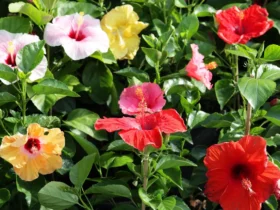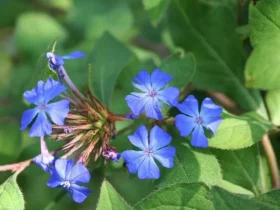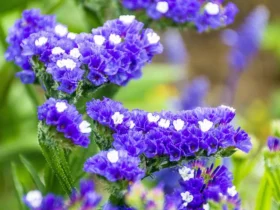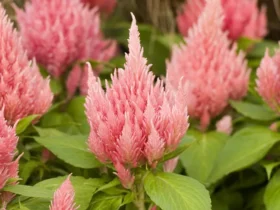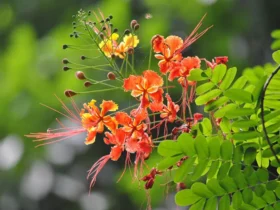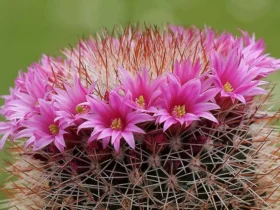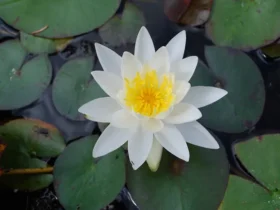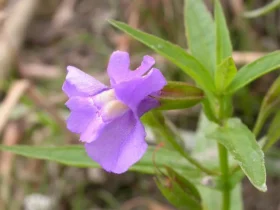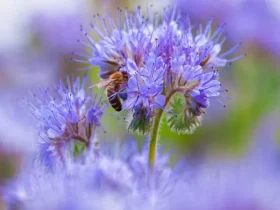The anemone flower is one of the most beautiful flowers in the world, with its delicate petals and vibrant colors, is a captivating symbol of beauty and grace. Also known as windflowers, these enchanting blooms belong to the genus Anemone, which comprises over 120 species. In this article, we will explore the world of anemone flowers, discussing their characteristics, cultural significance, and the joy they bring to gardens and floral arrangements.
Anemone Flower images
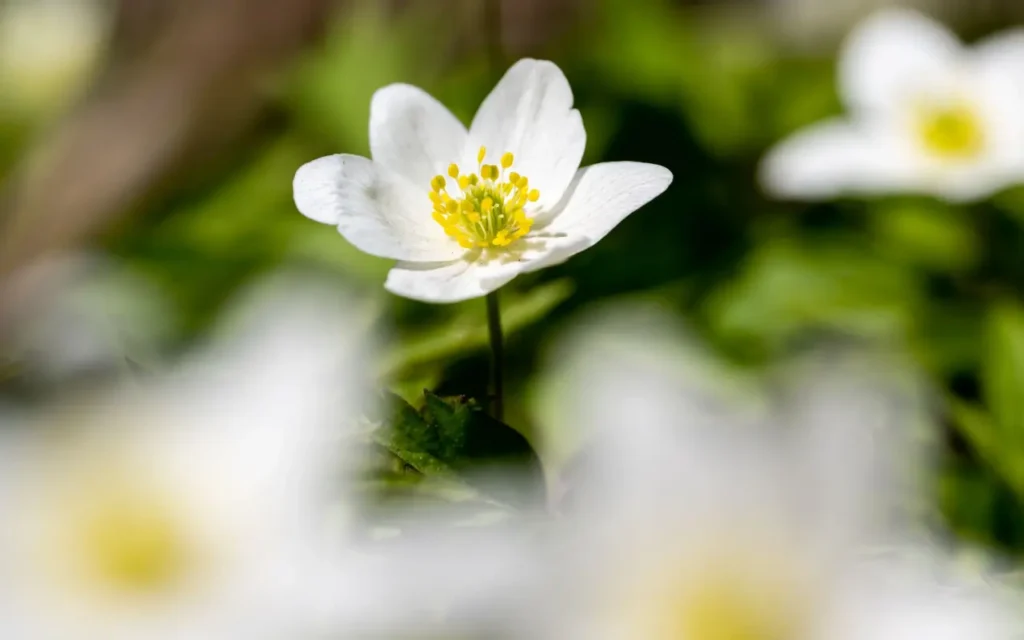
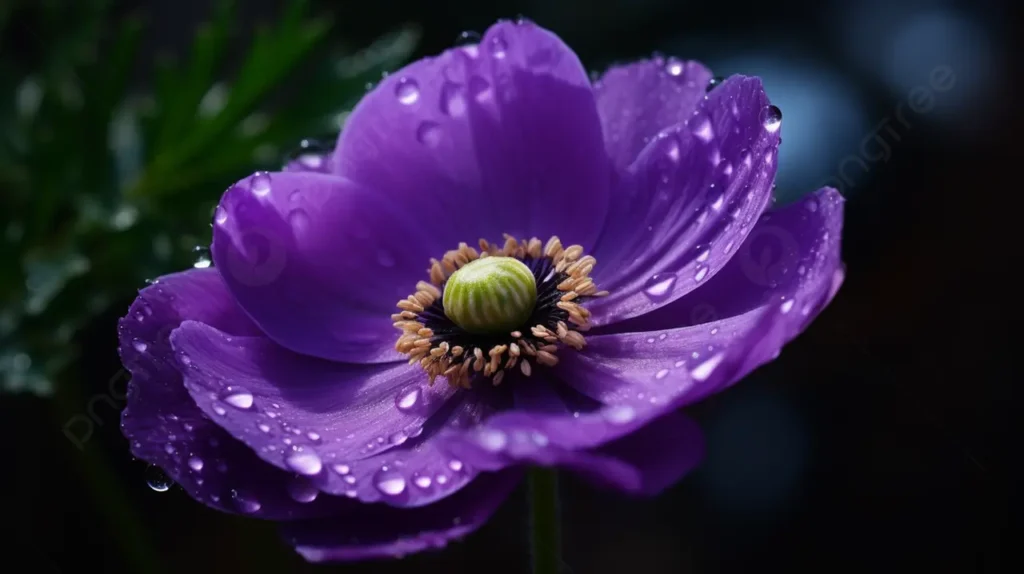
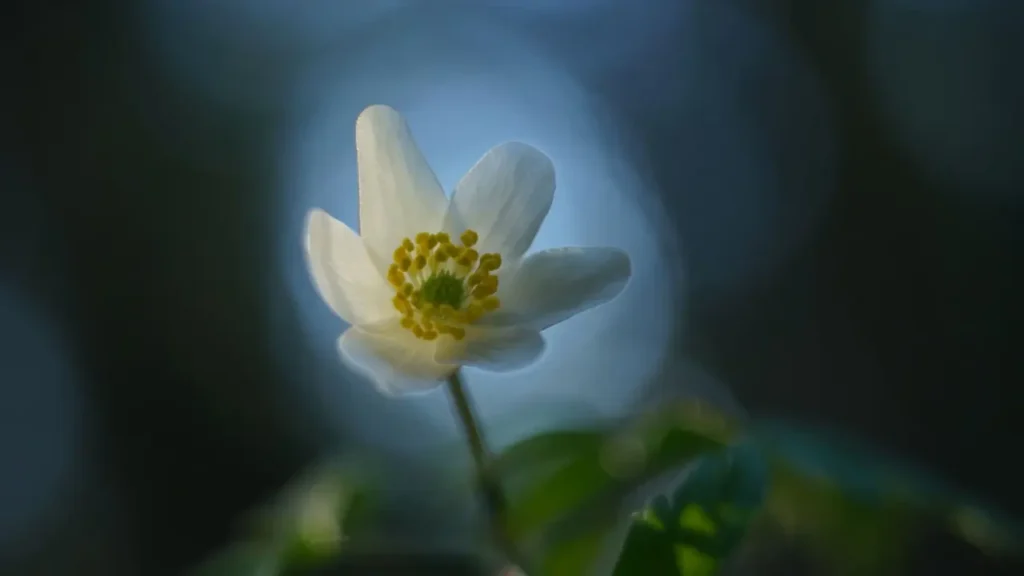
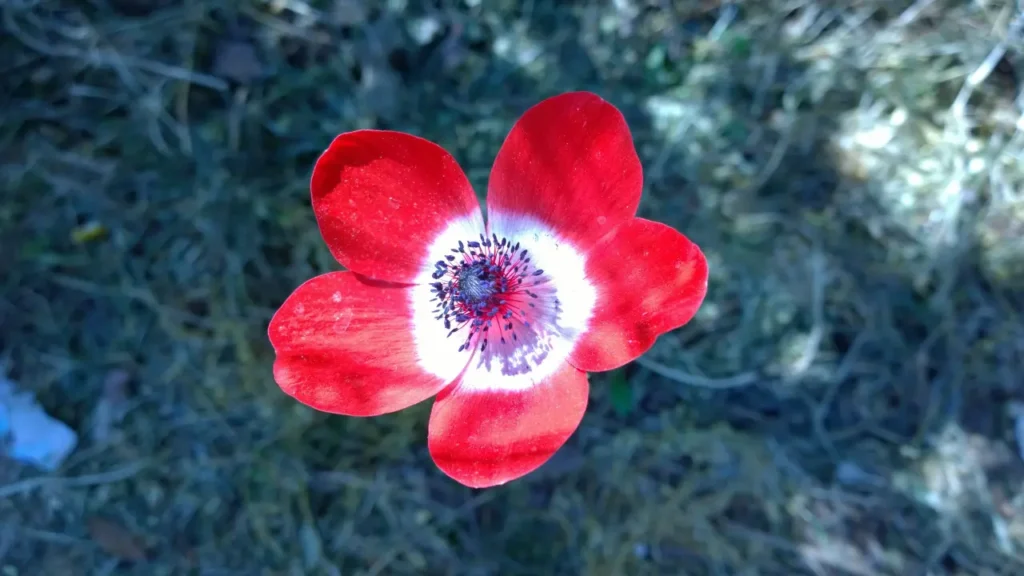
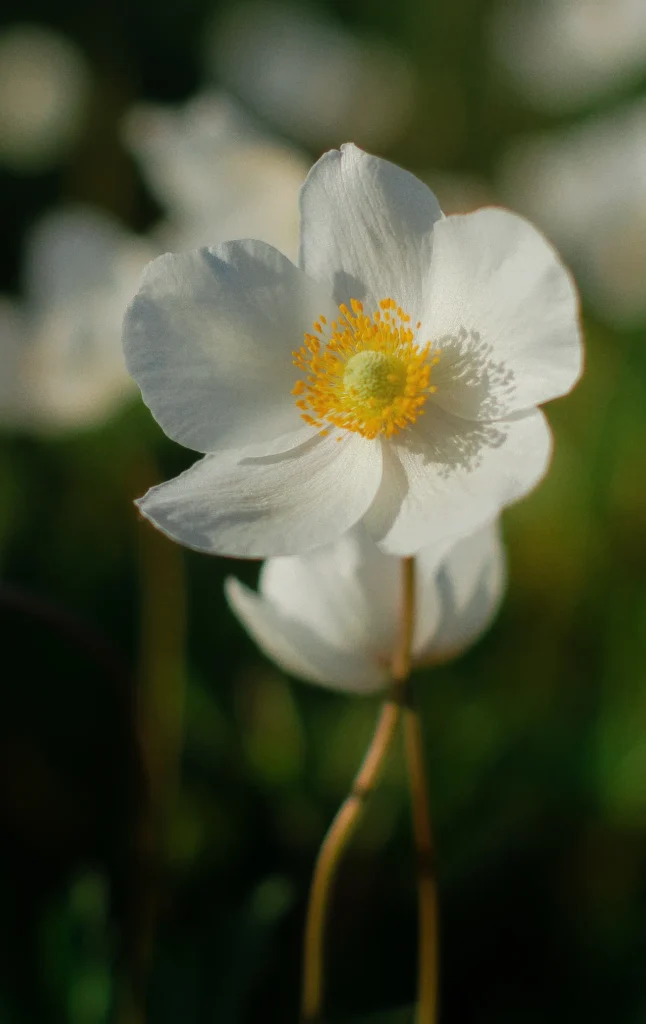
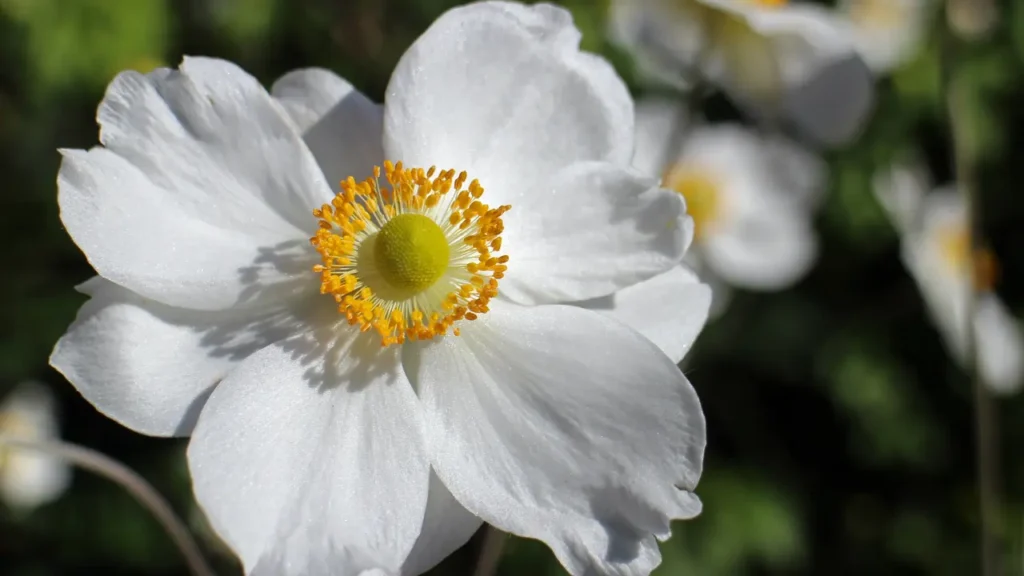
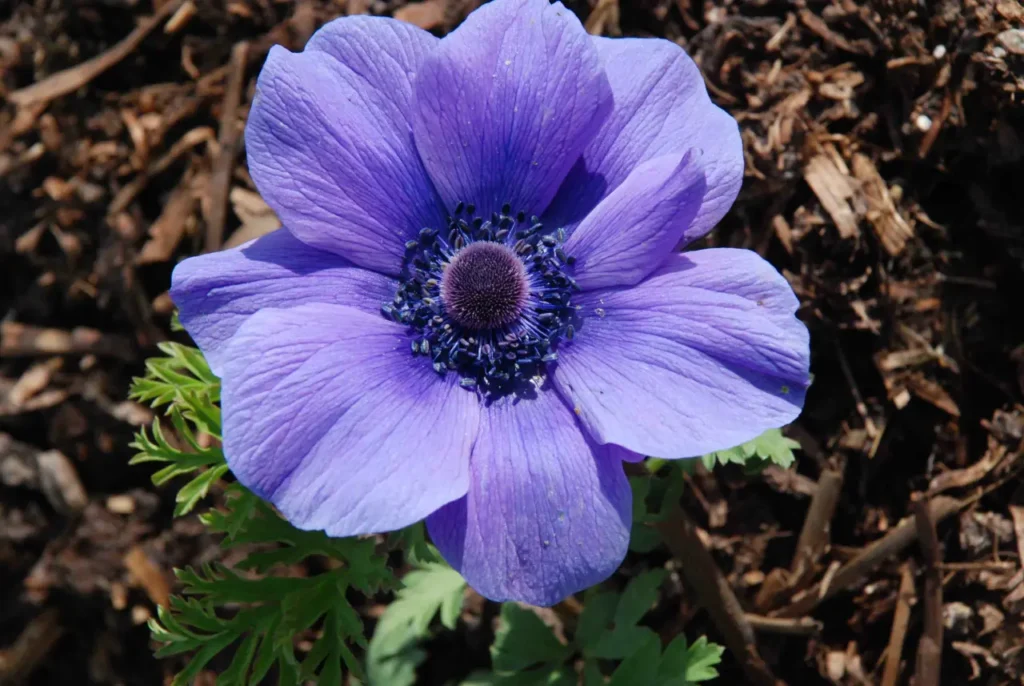
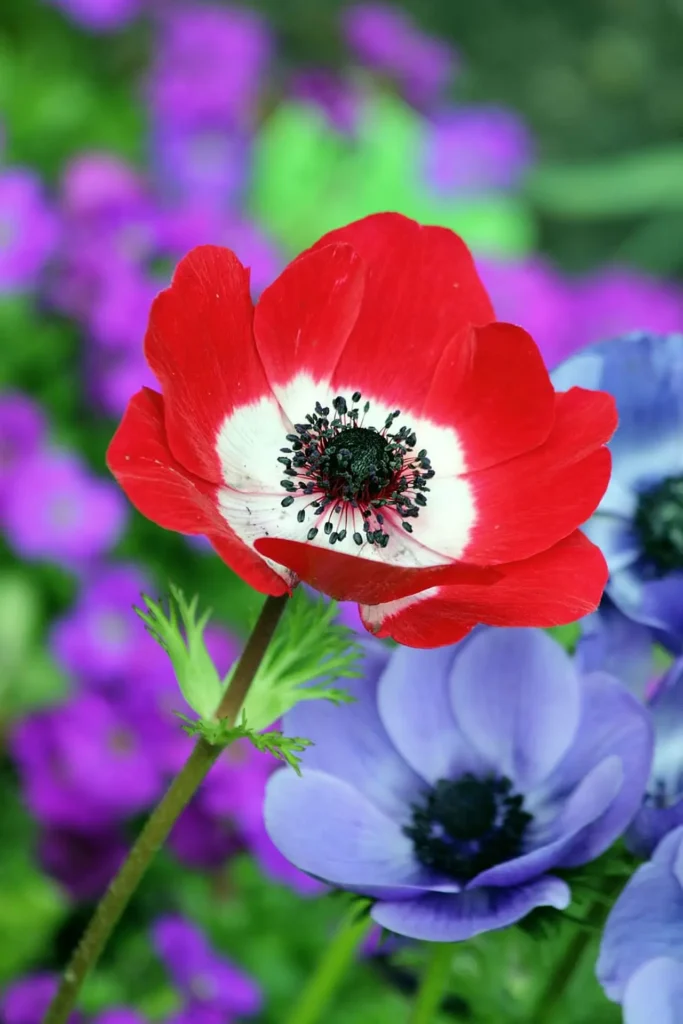
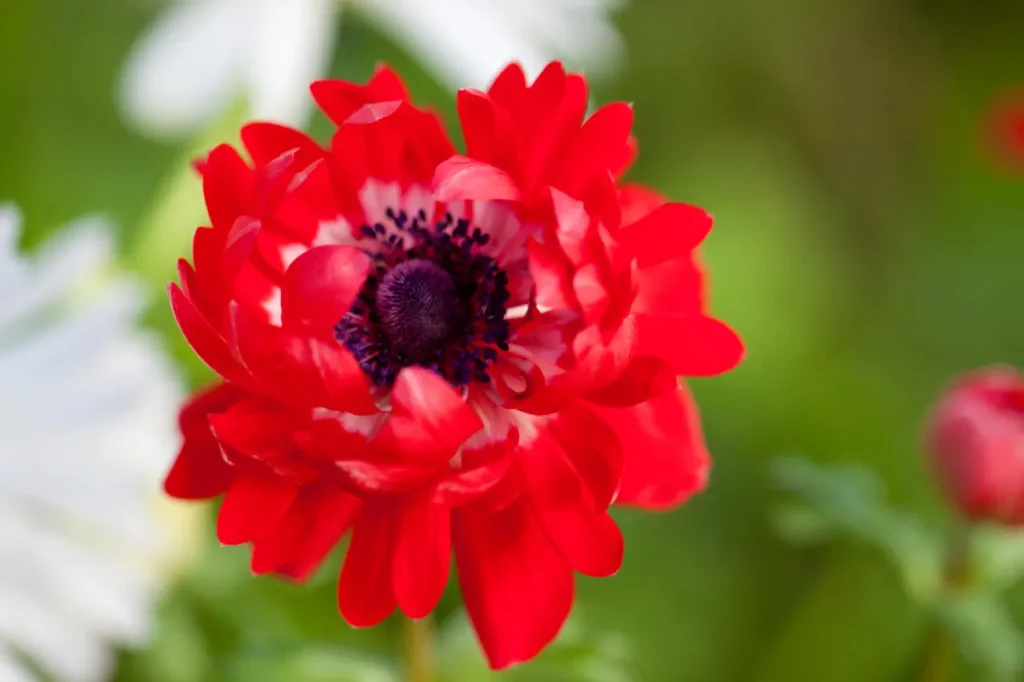
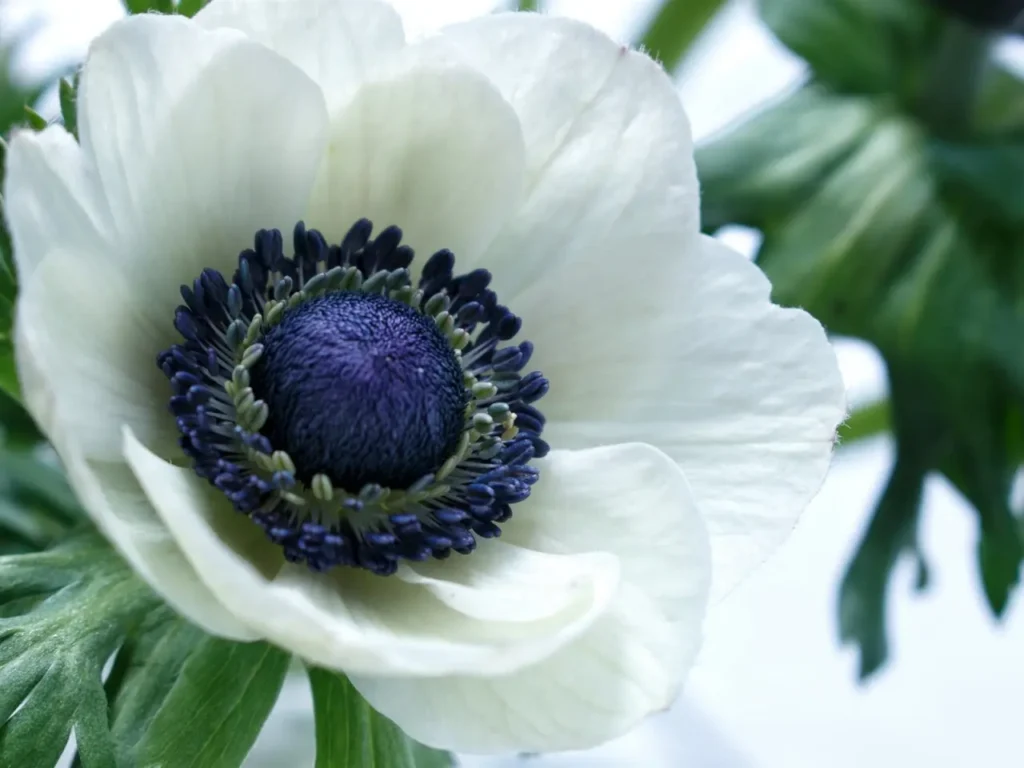
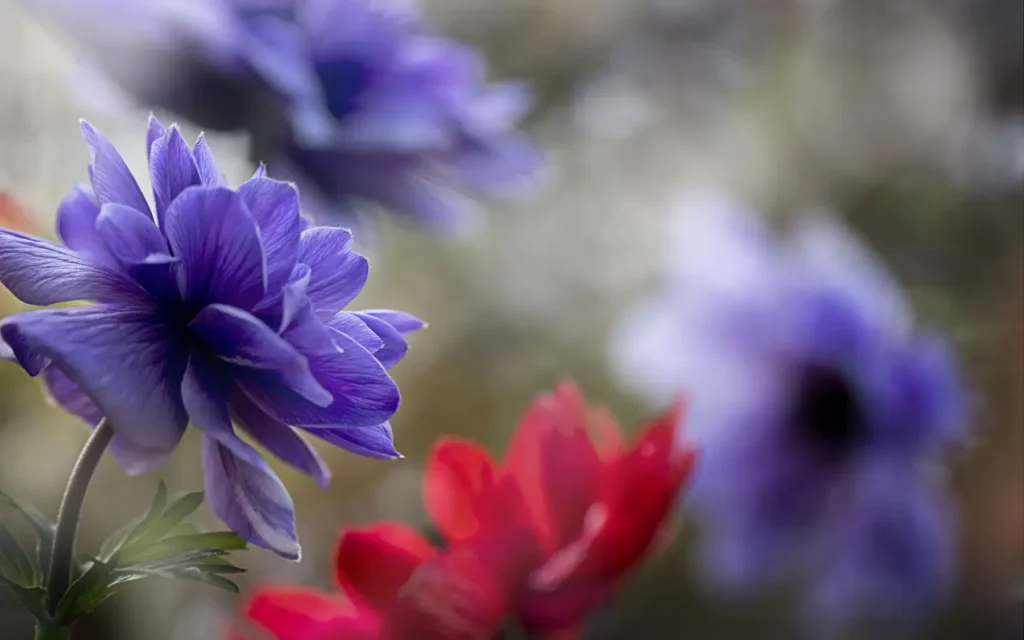
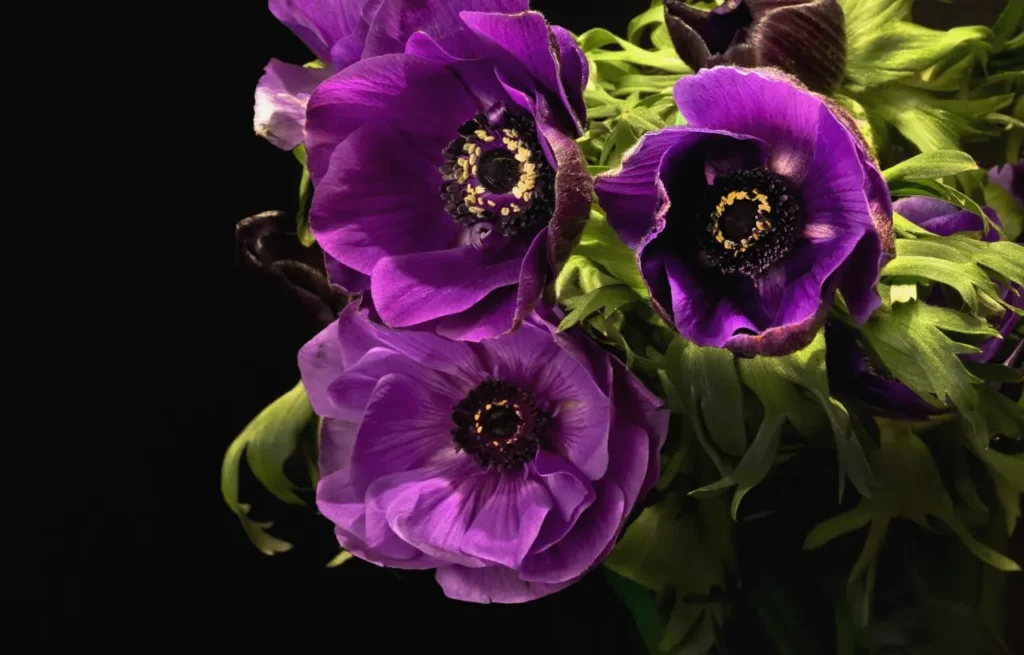
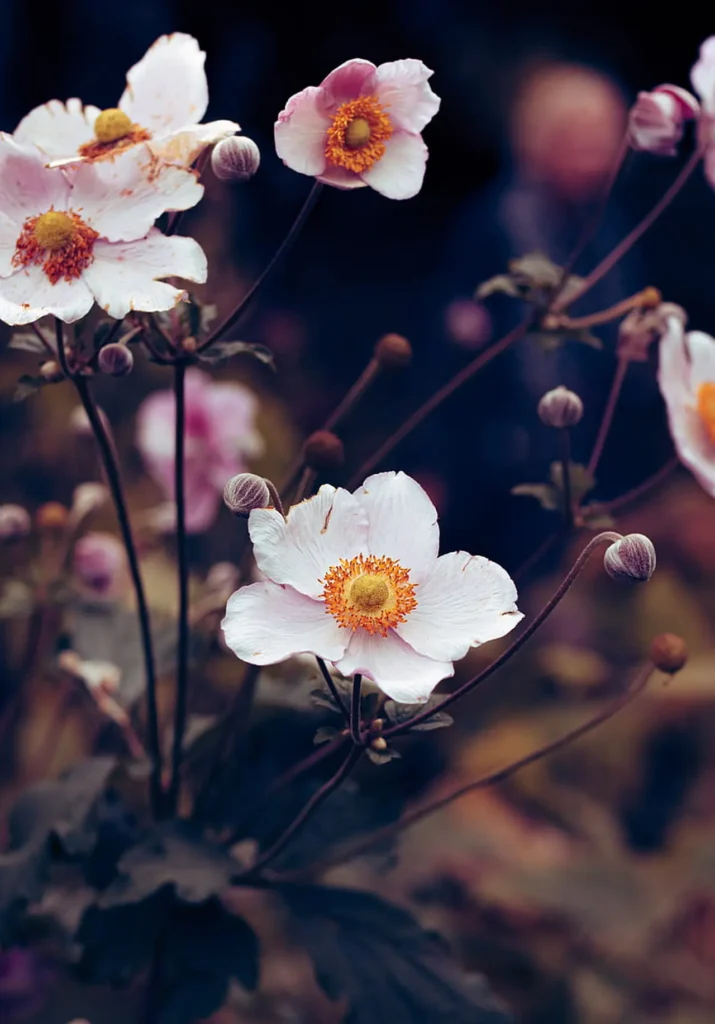
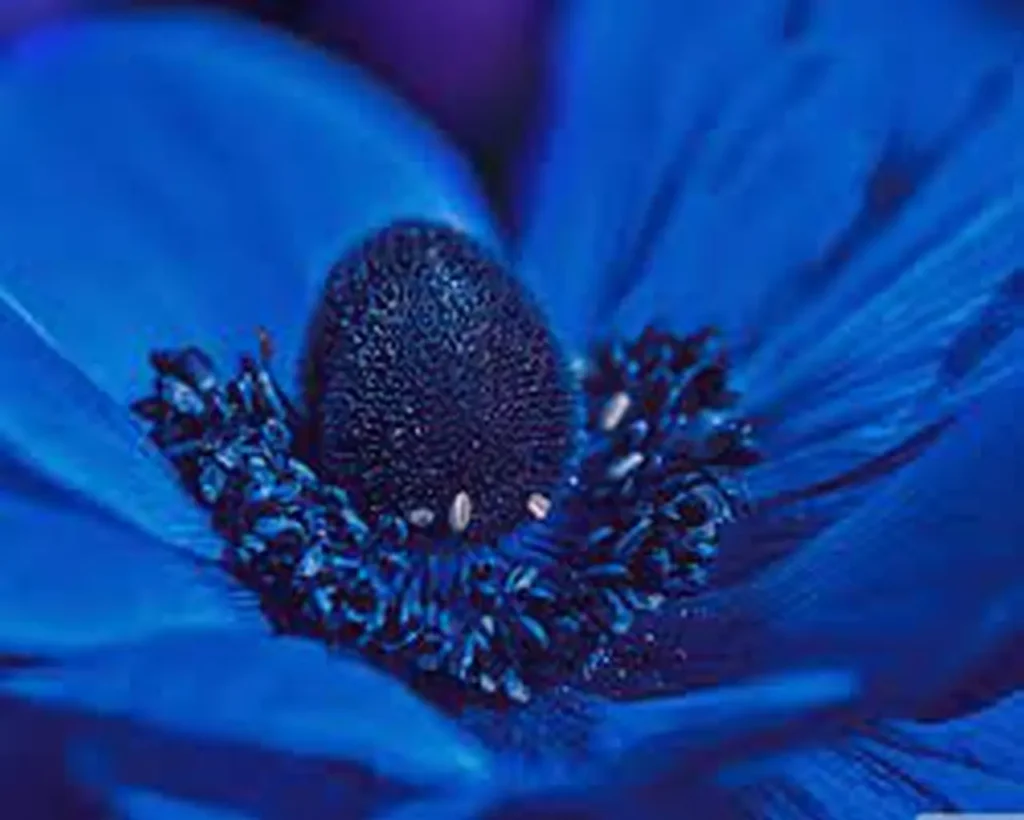
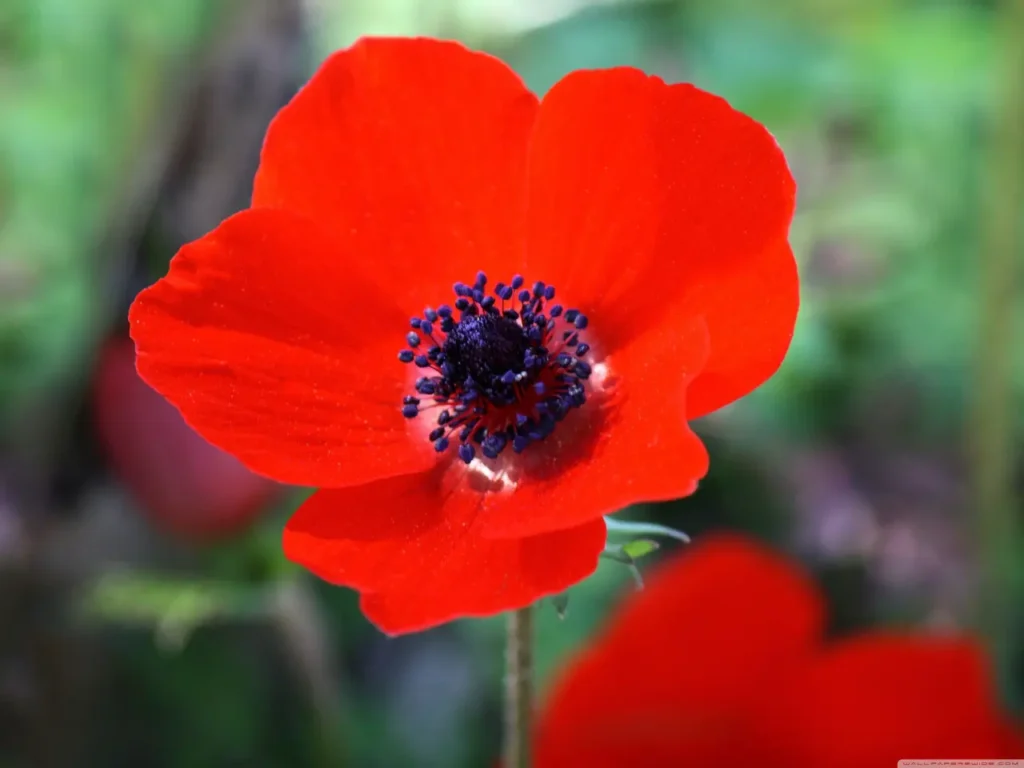
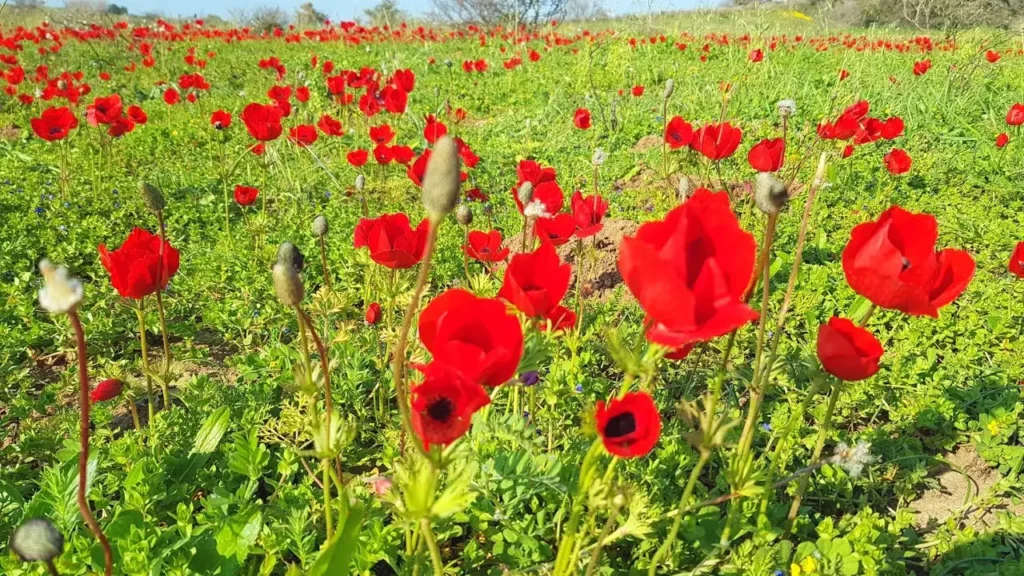
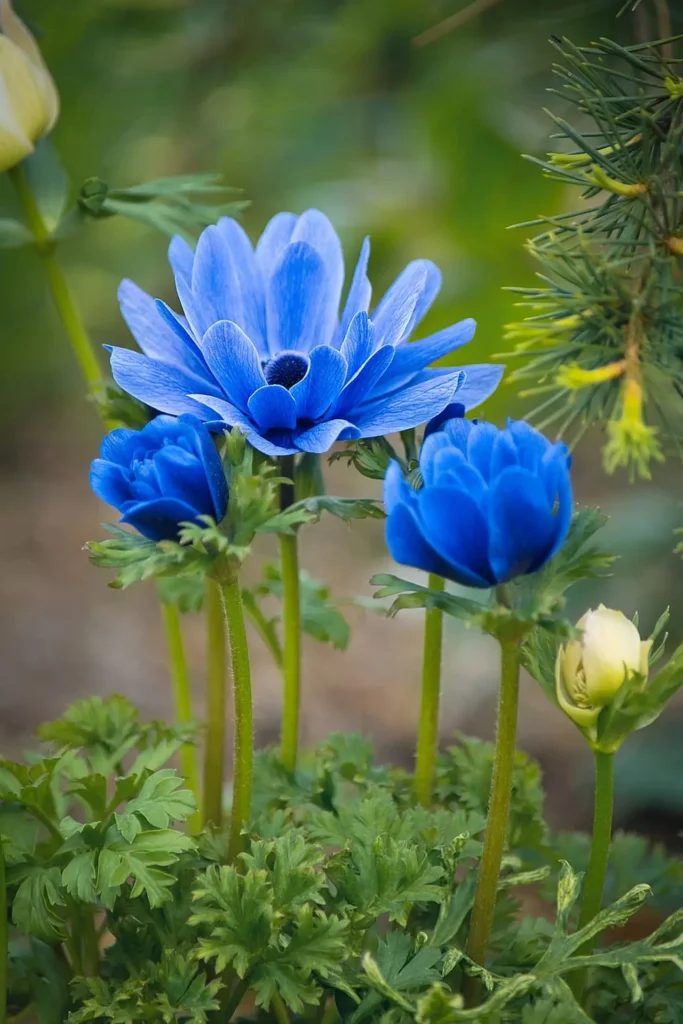
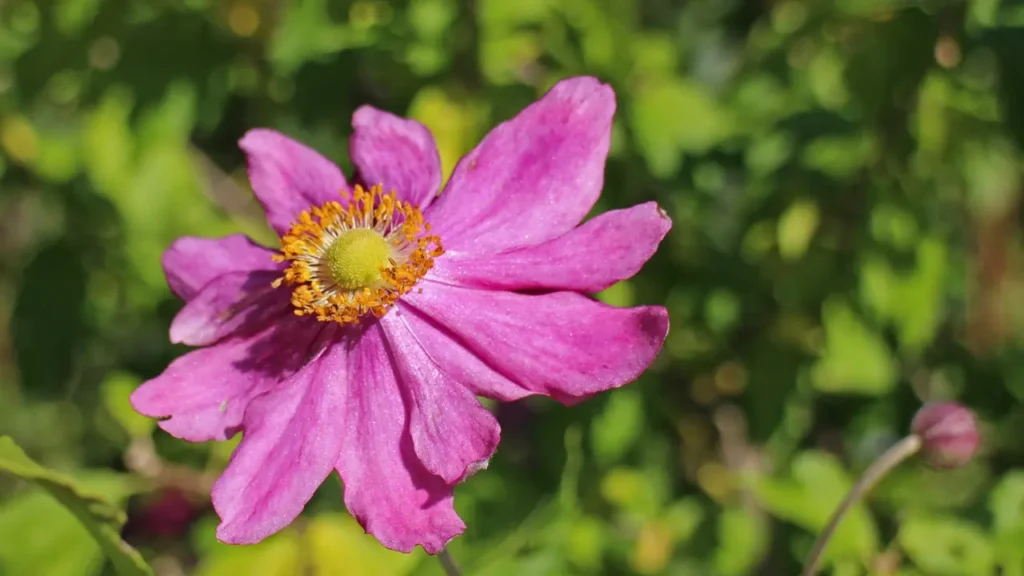
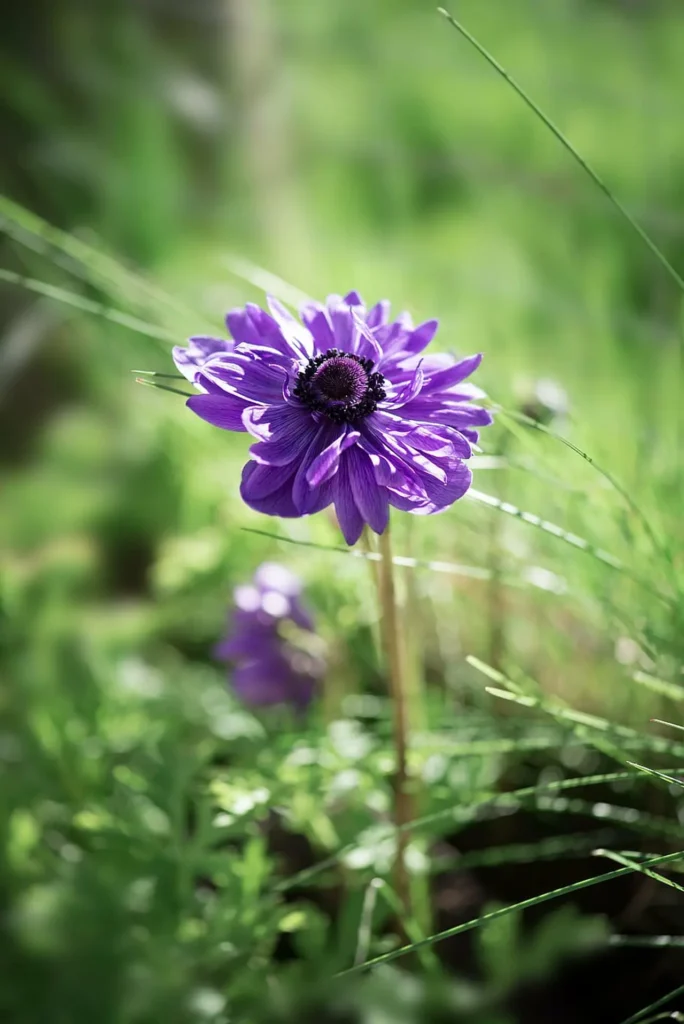
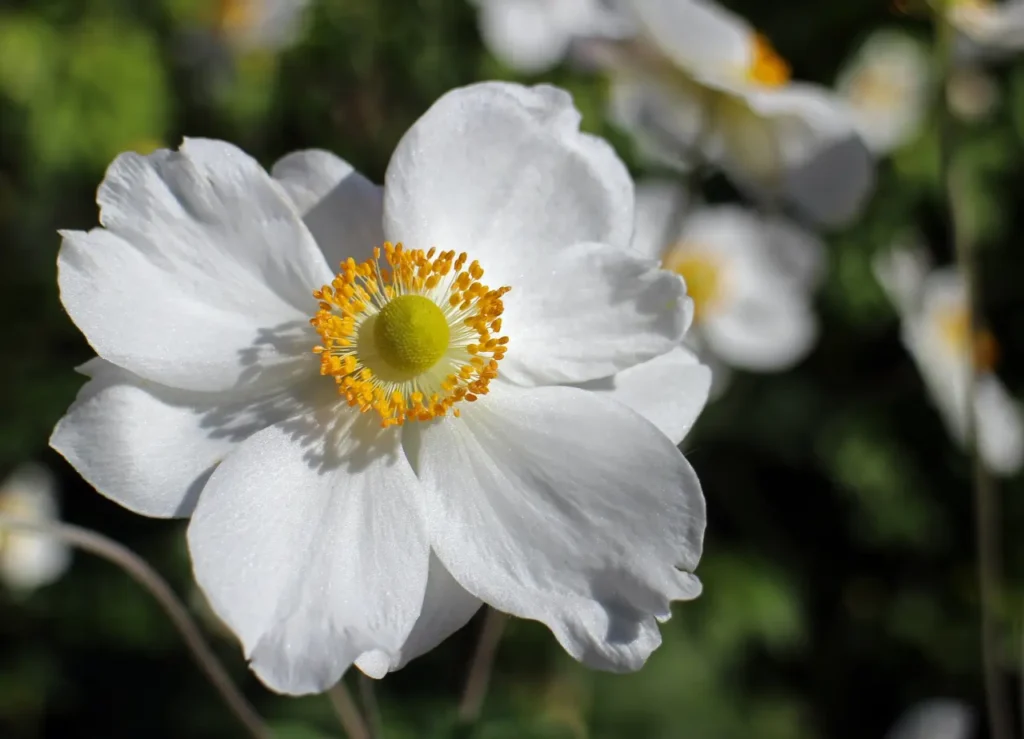
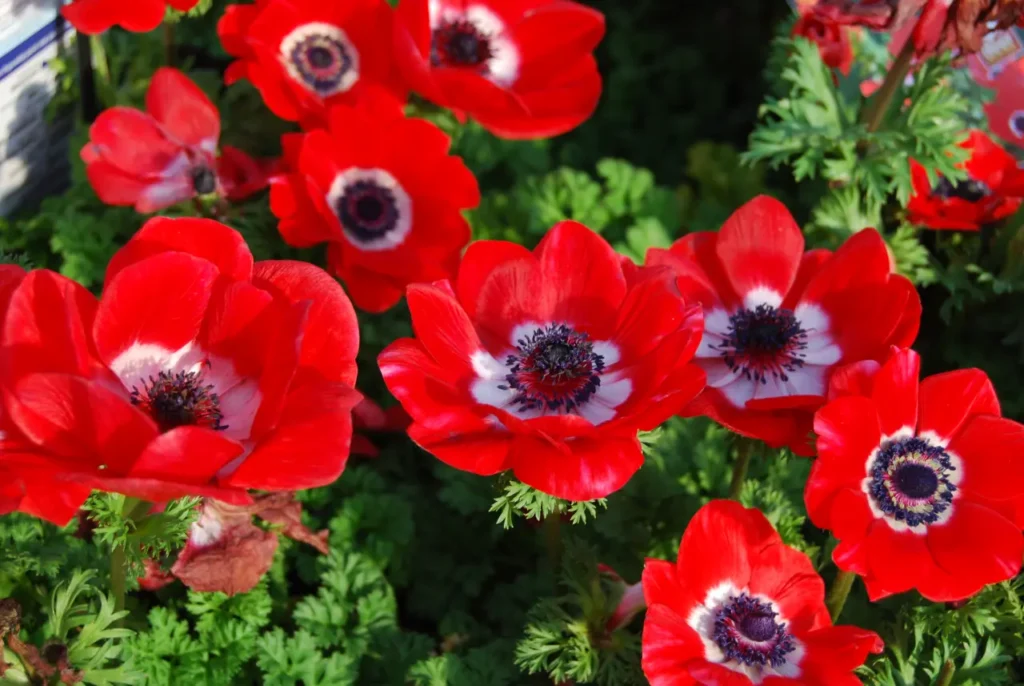
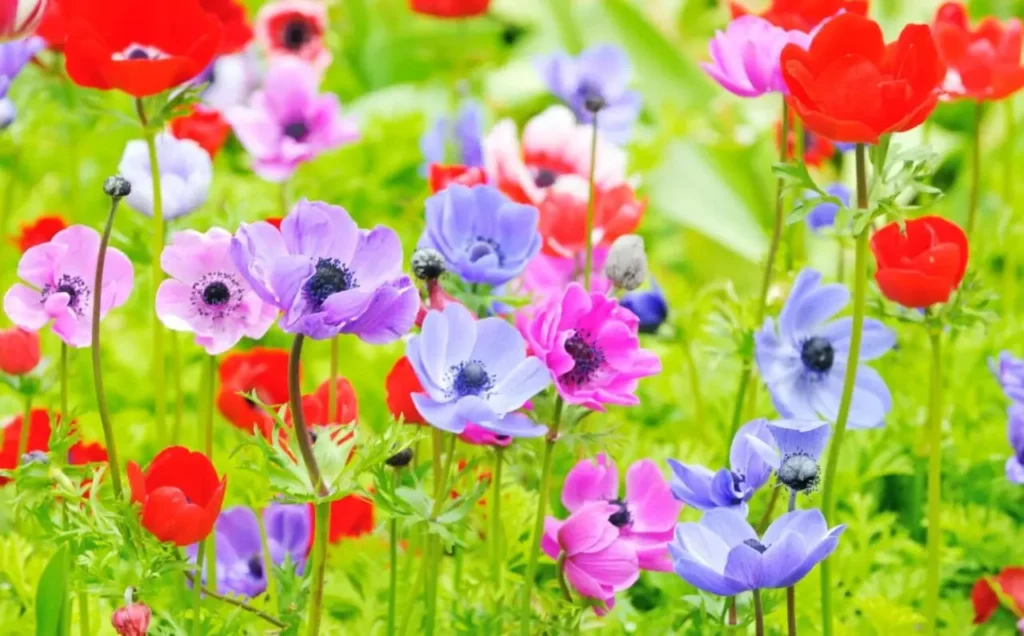
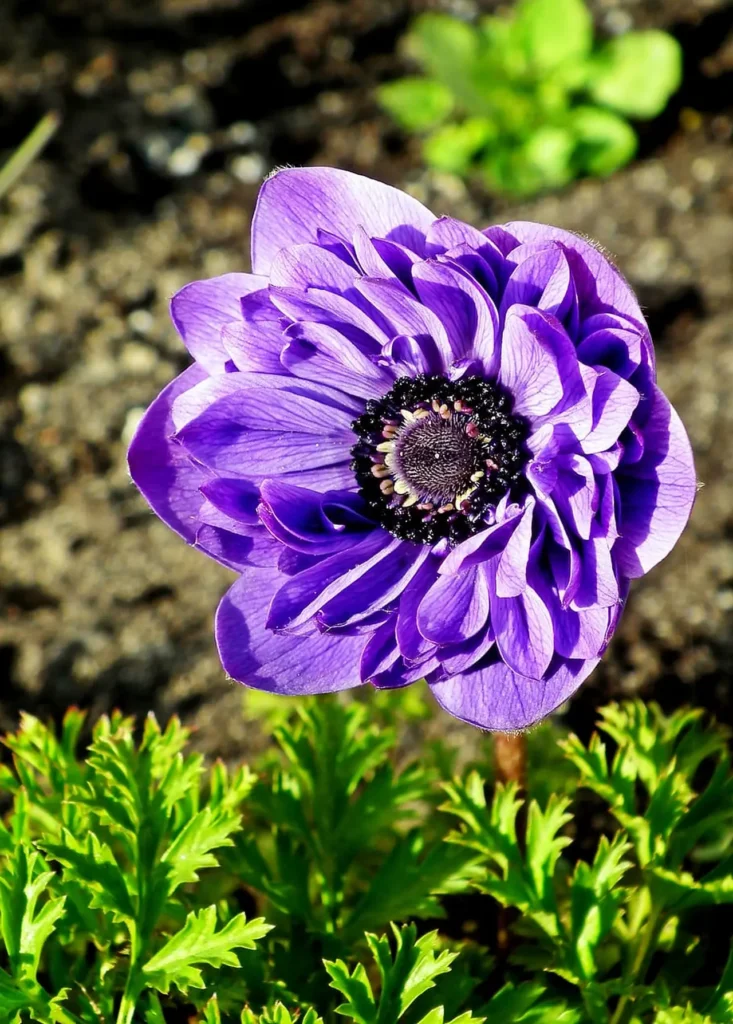

Elegant Appearance and Varieties
Anemone flowers exhibit a range of appearances, depending on the species and cultivar. They typically feature cup-shaped blossoms with multiple layers of petals surrounding a prominent center, known as the “eye.” The petals of anemones come in various colors, including white, pink, red, purple, blue, and yellow, with some varieties even displaying bi-color or multi-colored petals.
One of the most popular varieties is the Anemone coronaria, which blooms in early spring and boasts vibrant colors such as red, purple, and blue. Other notable species include Anemone hupehensis, which displays beautiful pink or white flowers in late summer and early fall, and Anemone nemorosa, known for its delicate white flowers that blanket woodland areas in early spring.
Cultural and Symbolic Significance
Anemone flowers have acquired cultural significance and symbolic meanings in different societies throughout history. In Greek mythology, the anemone was believed to have sprung from the tears of Aphrodite, the goddess of love and beauty. As a result, anemones have become associated with love, anticipation, and the blossoming of new relationships.
In the language of flowers, anemones are often associated with fragility and protection against evil forces. They are also considered symbols of anticipation, excitement, and anticipation of a better future. In some cultures, anemones are used in floral arrangements and bouquets to convey feelings of sincerity and admiration.
Gardening Delights and Care Requirements
Anemone flowers thrive in a variety of garden settings and make wonderful additions to both formal and cottage-style gardens. They prefer well-draining soil and partial shade, although some species tolerate full sun. Planting anemones in moist soil and providing adequate water during dry spells will help them flourish.
When it comes to propagation, anemones can be grown from seeds or tubers. Tubers are the more common method, with tuberous anemones being planted in the fall for spring blooms. Proper care, including regular watering and occasional fertilization, will ensure healthy growth and abundant flowering.
Floral Arrangements and Cut Flower Use
Anemone flowers are highly sought after for floral arrangements and bouquets due to their delicate beauty and vibrant colors. Their long, slender stems make them an ideal choice for tall arrangements and mixed bouquets. When using anemones in floral displays, it is advisable to cut the stems at an angle and place them in clean water with flower preservative to prolong their vase life.
Anemone flowers, with their delicate petals and rich colors, bring a touch of elegance and symbolism to gardens and floral arrangements. Whether adorning garden beds or gracing vases, these enchanting blooms never fail to captivate with their beauty and grace. From their cultural significance to their symbolism of love and anticipation, anemone flowers continue to inspire and delight people around the world. So, embrace the delicate allure of anemones and let them infuse your surroundings with their enchanting presence.
